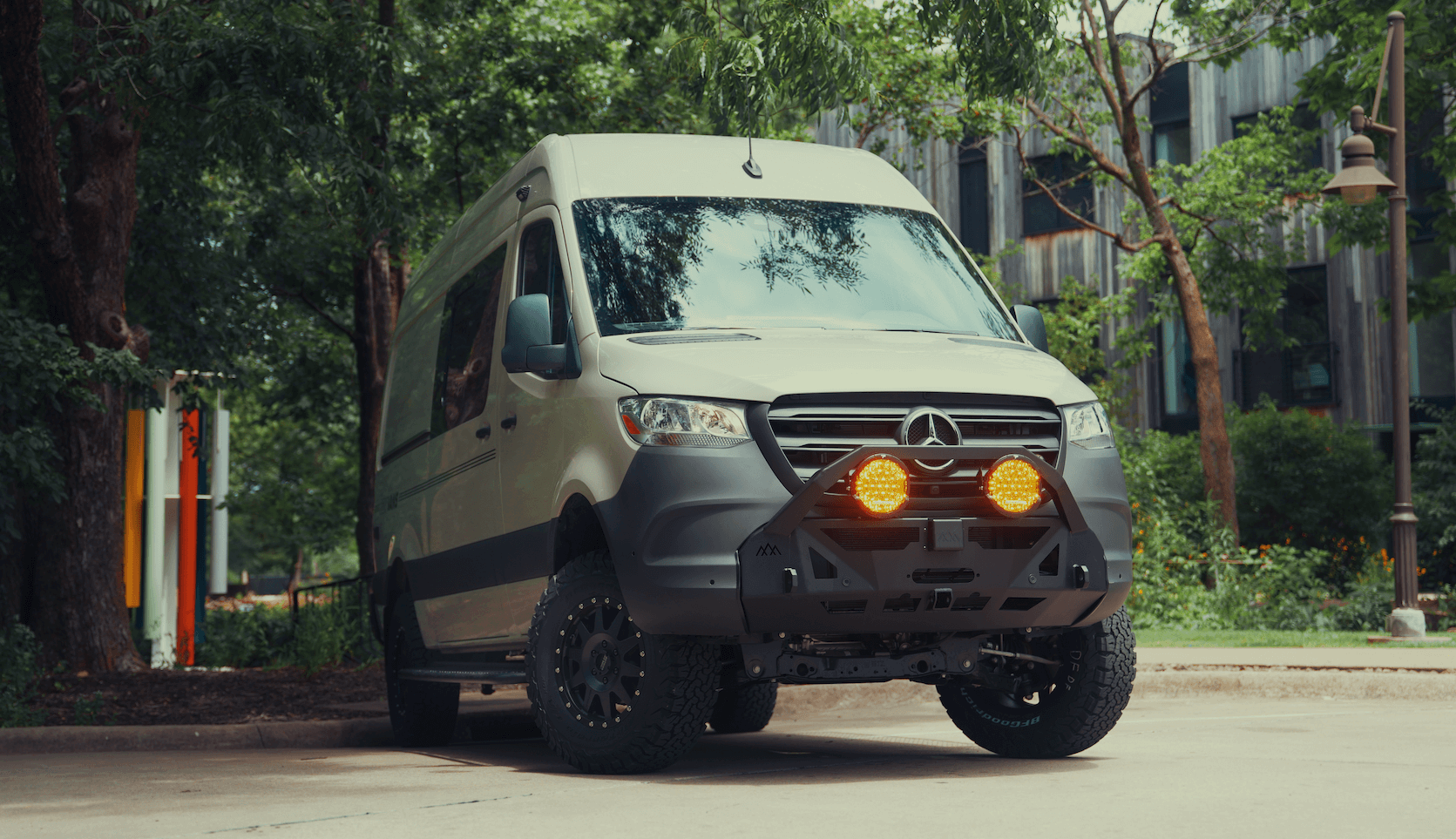Recreational Vans

Most states sort a camper van into one of two paths. If the van has permanent living equipment, it can qualify as a motorhome class. If not, it may remain a passenger or commercial vehicle. Getting the right classification affects taxes, required inspections, plate types, and insurance.
While wording varies, common standards include several of the following installed features:
Bring photos that clearly show each feature. If your state lists a specific checklist on its forms, label each photo to match those items.
Cargo vans without permanent living equipment may be registered as passenger or commercial. Commercial status can require higher fees, different inspections, and weight based plates. If you later add permanent components, you can request reclassification to motorhome with updated documentation and a new inspection.
Registering a camper van is straightforward if you prepare a complete packet. States differ, but this checklist covers common requests:
For cooking appliances and propane systems, some jurisdictions request a professional installation receipt or pressure test record. Keep a folder that includes model numbers, install dates, and any installer certifications. If you wired a shore power inlet or inverter system, bring a clear diagram and product documentation.
Expect to pay sales or use tax, title fees, registration fees, and plate charges. Motorhome fees can be based on weight, value, or a flat schedule. Renewal cycles are typically annual or biennial. Some states issue a temporary permit so you can drive the van to an inspection site or certified scale.
Helpful ways to reduce delays:
If your van began life as a cargo hauler, reclassification to motorhome can change how enforcement and insurance view the vehicle. Confirm with your insurer that your policy aligns with the intended use. Keep copies of the final registration and title in the van.
A well documented conversion moves faster through the window. Clear photos, invoices, and labeled systems leave little room for doubt about motorhome status. If your state has a specific definition, design the interior to check those boxes on day one. That includes fixed sleeping, secured cooking, water management, and safe electrical. Quality workmanship also helps you pass safety checks and protects value when it is time to sell or refinance.
At this point, many owners realize the right partner can save time, reduce back and forth, and ensure the van meets the letter of the law. OZK Customs builds motorhome ready rigs with permanent systems, tidy documentation packs, and a walkthrough at delivery so you know exactly how everything functions. Our shop in Fayetteville Arkansas outfits adventure vans for clients nationwide with compliant systems and clean install records.
If you want a camper van that meets motorhome standards and comes with the paperwork to match, we can help. Our team designs and installs fixed sleeping, secure galley solutions, safe power systems, and water management that satisfy common DMV definitions. Tell us how you travel and we will craft a compliant, road ready interior so your focus stays on the first trip, not the line at the counter. Submit the form and let us prepare your build and your documentation.
Ready to make registration painless and get an adventure ready van that meets motorhome standards from day one? Tell us about your goals and we will design a compliant, documented build that sails through paperwork. Submit the form and let OZK Customs handle the hard parts while you plan your first trip.
ADDRESS:
6159 E Huntsville Rd, Fayetteville, AR 72701
PHONE:
(479) 326-9200
EMAIL:
info@ozkvans.com